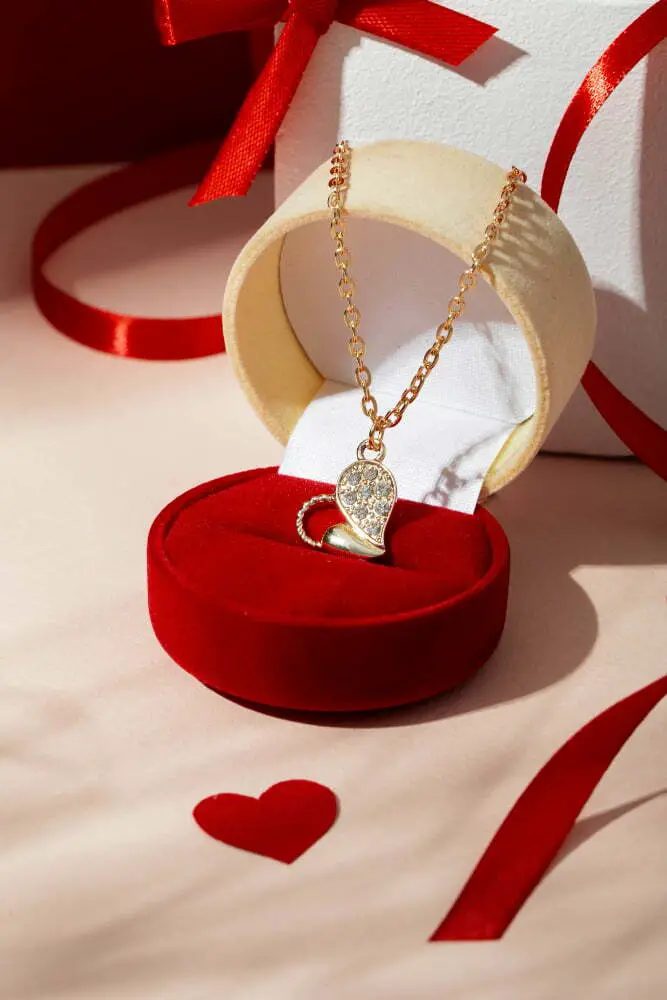Last updated on
Gift-giving, a universal practice embedded in cultures across the globe, holds the power to transcend mere material exchange. It’s a way to express affection, appreciation, and thoughtfulness. However, the art of choosing the right gift can often prove to be a daunting task.
We’ve all experienced the anxiety of selecting a present that captures the essence of our feelings and resonates with the recipient’s tastes. Fortunately, there’s a science behind gifting that can help us navigate this challenge and bring a smile to our loved ones’ faces, every time.
Understanding the Psychology of Gift-Giving

The Significance of Gifts
As humans, we thrive on connections, and gifts serve as tangible symbols of those connections. Receiving a gift triggers a series of emotional responses.
The surge of joy, gratitude, and validation when unwrapping a thoughtful present is more than just a fleeting moment; it solidifies the bond between the giver and the recipient. Gifts hold sentimental value that often lasts beyond the physical object itself.
Beyond the joy of receiving, there’s immense pleasure in giving. The concept of altruism—doing something for others without expecting anything in return—holds a special place in our psyche.
When we give, our brains release neurotransmitters like dopamine and oxytocin, often referred to as “feel-good” chemicals. These neurotransmitters contribute to feelings of happiness, satisfaction, and social bonding. In essence, gifting is an act of self-care for both the giver and the receiver.
Factors Influencing Gift Selection

The key to a successful gift lies in understanding the recipient’s individuality. Whether it’s your partner, friend, or family member, their interests, preferences, and personality should guide your choice. A thoughtful gift shows that you truly know and appreciate them.
For instance, a bookworm might cherish a rare edition of their favorite author’s work, while a sports enthusiast might light up at the sight of tickets to a game. If you choose wallets for men as a gift, it’s essential to consider the recipient’s preferences, needs, and style.
By delving into their tastes and lifestyles, you can identify whether they prefer a sleek, minimalist design or a more rugged and functional wallet. Incorporating these insights ensures that the gift aligns with their unique characteristics, making it not just a functional item but a thoughtful reflection of their personality.
The context in which a gift is given plays a vital role. Different occasions demand different types of gifts. A birthday might call for something personal, while a wedding might warrant a more substantial and formal present. Tailoring your gift to the occasion shows that you’ve put thought into your gesture, making it even more meaningful.
Thoughtfulness and Personalization
Generic gifts often lack the emotional impact that comes with personalized presents. Adding a touch of thoughtfulness, such as an inside joke, a shared memory, or a personalized message, elevates the value of the gift. A piece of jewelry with an engraved date or a custom-made artwork can turn a simple item into a cherished keepsake.
Unleashing Creativity with Specialized Gifts
In the journey of decoding the science of gifting, we need to tap into the recipient’s hobbies and interests. Suppose your loved one has a creative streak, particularly in crafting and designing. In this case, a unique yet useful gift like a kit designed for creating jewelry could be the perfect choice. This set usually combines essential tools and materials, allowing them to experiment, innovate, and craft something truly personal. So, not only does your gift recognize their interests, but it also empowers them to express their creativity more vividly.
Applying Behavioral Science to Gift Selection

Choice Paradox and Decision Fatigue
The paradox of choice—the idea that too many options can hinder decision-making—is a phenomenon relevant to gift selection. When faced with a plethora of options, we often feel overwhelmed and exhausted, leading to decision fatigue.
To counter this, it’s helpful to narrow down your options. Focus on a few well-researched choices rather than drowning in a sea of possibilities.
Anchoring and Framing
Psychological principles like anchoring and framing have a significant influence on how we perceive the value of gifts. Anchoring occurs when we base our judgment of an item’s value on a reference point.
Framing involves how a situation or item is presented, shaping our perception. Apply these principles by strategically positioning your gift in relation to other options, thus influencing the recipient’s perception of its worth.
Social Proof and Gift Trends
Social proof—the tendency to rely on the opinions and behaviors of others when making decisions—can inform gift choices. Keeping up with current trends can enhance the perceived value of your gift. For instance, if the recipient is a fashion enthusiast, selecting an item endorsed by influencers in their field could be a hit.
Practical Steps for Selecting the Perfect Gift

Research and Observation
Invest time in understanding the recipient to select a gift that truly resonates. Ask subtle questions, observe their reactions to certain items or experiences, and take note of their interests. Social media can be a treasure trove of clues, giving you insights into their preferences.
Creating Gift Categories
Organize your gift ideas into categories based on the recipient’s hobbies, passions, and preferences. For example, if they’re a fitness enthusiast, consider options like workout gear, fitness gadgets, or a subscription to a wellness service. This approach simplifies your decision-making process and ensures your gift aligns with their interests.
Collaborative Gifting
Don’t hesitate to seek input from mutual friends or family members when in doubt. Collaborative gifting allows for a collective effort to choose the perfect present. They might offer insights you hadn’t considered, making the gift even more special.
Gift-giving is an art that blends sentimentality with strategy. By understanding the psychological underpinnings of gifting and applying behavioral science principles, you can confidently select presents that resonate with the recipients.
The joy of giving a well-chosen gift extends beyond the moment of exchange, fostering stronger relationships and creating lasting memories. So, the next time you’re faced with the challenge of gift selection, remember that there’s a science behind it—one that ensures your thoughtful gesture leaves an indelible mark on your loved ones’ hearts.
Recap




